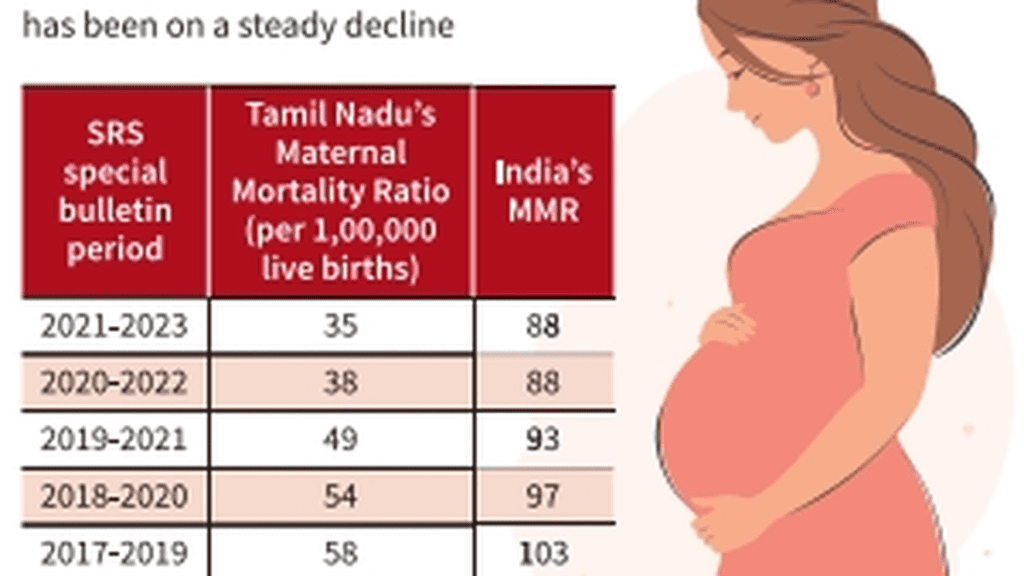In historic move, Karnataka allows dignified death for the terminally ill

In historic move, Karnataka allows dignified death for the terminally ill
In a historic move, the Karnataka Health Department, on January 30, 2025, issued an order to implement the Supreme Court’s ruling allowing terminally ill patients to die with dignity. Karnataka is the second State after Kerala to implement the directive.
This will help those with no hope of recovery or those who are in a persistent vegetative state and where the patient no longer benefits from life-sustaining treatment, said Health Minister Dinesh Gundu Rao.
On January 24, 2023, the Supreme Court, in its judgement, said the right to life guaranteed under Article 21 of the Constitution encompassed the right to die with dignity.
“To enable a dignified death, the Supreme Court has held that life-sustaining treatment may be withheld or withdrawn where the patient is terminally ill with no hope of recovery or is in a persistent vegetative state, and where the patient no longer benefits from life-sustaining treatment,” the order said.
The Supreme Court had held it would be appropriate to withhold or withdraw life-sustaining treatment (WLST) for terminally ill patients undergoing prolonged medical treatment with no hope of recovery and do not have decision-making capacity; then WLST may be appropriate in accordance with the prescribed procedure.
“This may be the case for those who are in a persistent vegetative state and when certain kinds of medical treatment may no longer provide any reasonable possibility of benefit, and may instead, have a greater potential to cause harm to the patient,” the Karnataka Health Department’s order said.
“This important step will bring great relief and a dignified sense of closure to many families and individuals,” Mr. Gundu Rao said in a post on X (formerly Twitter).
The State will follow the procedure laid down by the Supreme Court, withholding or withdrawing life-sustaining treatment with the approval of the treating doctor.
Editorial | End-of-life decisions: On SC’s legal status to advance medical directives
“The hospital where the patient is being treated must set up primary and secondary medical boards, comprising three registered medical practitioners each such as a neurologist, neurosurgeon, surgeon, anaesthetist or intensivist who has been approved by the appropriate authority (under the Transplantation of Human Organs and Tissues Act, 1994). The secondary medical board must also have a registered medical practitioner nominated by the District Health Officer. The primary and secondary medical boards will take decisions regarding withholding treatment after obtaining the consent of the patient’s next of kin or the person nominated in the patient’s advance medical directive,” the Health Department’s order said.
Further, copies of the two boards’ decisions must be submitted to the Judicial Magistrate of the First Class (JMFC) before giving effect to them, and the JMFC will send copies to the Registrar of the High Court for record-keeping, the order added.
The Department has also come out with an Advance Medical Directive, or a ‘living will’, in which patients can record their desired medical treatment in the future.
The patient can also nominate two persons to decide on his/her behalf if the patient does not have decision-making capabilities.The AMD would indicate to healthcare providers the kind of treatment the patient wants or prefers to avoid, stated a separate circular on AMD.
“Any adult patient of sound mind can execute an AMD and should send a copy of the AMD to a competent officer who is to be appointed for this purpose by the local government. AMDs can also be maintained in the paper/digital health records of the patient which are maintained by the medical establishment,” the circular added.










